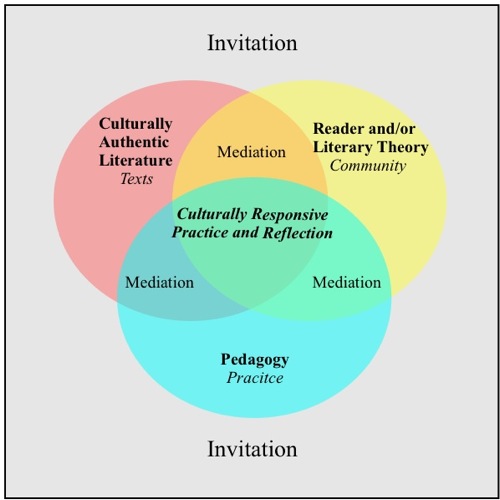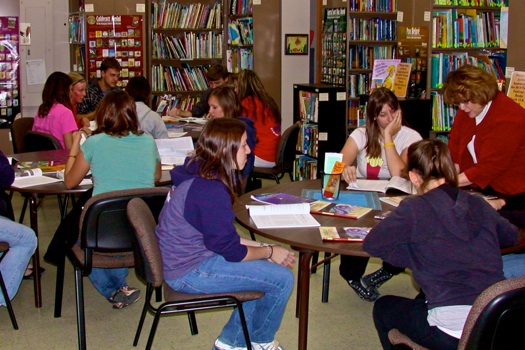By Marie LeJeune and Tracy Smiles, Western Oregon University
We must accept finite disappointment, but never lose infinite hope.
Martin Luther King, Jr.
Over the past three weeks our focus on high stakes testing (SBAC and PARCC) has examined our personal and professional tensions in our roles as both parents and teacher educators. It is not an exaggeration to say we are deeply concerned over these movements in education and their impacts on children, teachers, and schools. So concerned that we have lost sleep, written letters to administrators, met with colleagues to brainstorm and strategize solutions, Continue reading


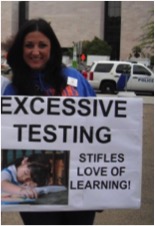

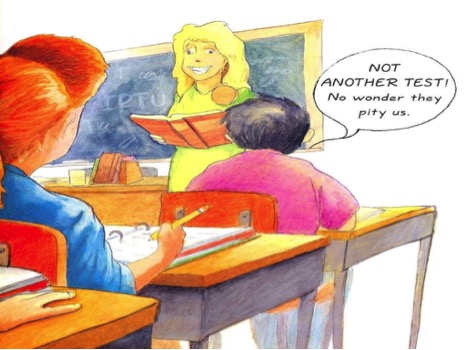
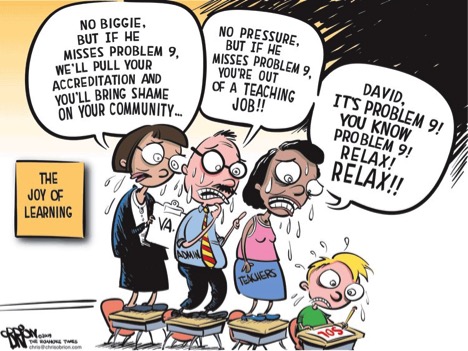

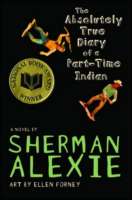 This week, we continue our exploration of authors as mentors—authors whose work and words contribute to our teaching of reading, writing, language, and culture. As we’ve mentioned in past weeks, we are interested in exploring a study of mentor authors whose work informs students as readers and writers but also as global citizens. We are now layering
This week, we continue our exploration of authors as mentors—authors whose work and words contribute to our teaching of reading, writing, language, and culture. As we’ve mentioned in past weeks, we are interested in exploring a study of mentor authors whose work informs students as readers and writers but also as global citizens. We are now layering  This week, we begin our exploration of some of our favorite authors whom we have looked to as mentors in our classrooms—authors whose work and words contribute to our teaching of reading, writing, language, and culture. Again, we draw upon the framework below for our initial selection of possible mentor authors when we embark upon such study with students. Additionally, we are currently deeply immersed in work with international issues, themes, and literature with both students and teachers in K-12 classrooms. We are now layering <a href="http://wowlit.org/blog/2011/04/04/reading-as-a-collaborative-act-a-framework-for-exploring-author-studies/#more-15955
This week, we begin our exploration of some of our favorite authors whom we have looked to as mentors in our classrooms—authors whose work and words contribute to our teaching of reading, writing, language, and culture. Again, we draw upon the framework below for our initial selection of possible mentor authors when we embark upon such study with students. Additionally, we are currently deeply immersed in work with international issues, themes, and literature with both students and teachers in K-12 classrooms. We are now layering <a href="http://wowlit.org/blog/2011/04/04/reading-as-a-collaborative-act-a-framework-for-exploring-author-studies/#more-15955